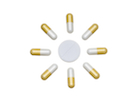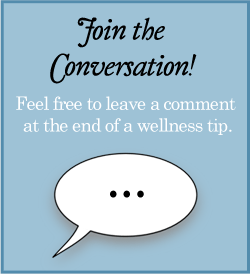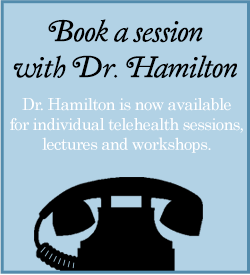 Are You Deficient in Vitamin D?
Are You Deficient in Vitamin D?
The “Sunshine Vitamin” (a.k.a. vitamin D) has been on a steady decline with the rise of sunscreen to ward off skin cancer and premature aging in a society obsessed with youth. A healthy diet can fill in the gap. Yet lack of knowledge about food choices when dieting, coupled with controversy over supplements, can leave performers at risk for serious health problems. Before you decide that a sunburn is the answer, find out how to strike a balance in this intricate equation.
A Deficiency: What We Do and Don’t Know
The strongest research on vitamin D deficiency involves its impact on bone health leading to bow legs, muscle weakness, fractures, bending of the spine, falls, low bone mineral density, and mortality in institutionalized female adults over age 65. The major risk factors for these problems are less exposure to sunshine and an inadequate diet. A deficiency also appears to have an effect on the immune system, since it’s associated with influenza during the winter months (along with factors like low humidity from indoor heating), as well as tuberculosis. Other health problems from vitamin D deficiency and prevention are uncertain, including cardiovascular disease, cancer, and multiple sclerosis. One exception is pregnant women, where a deficiency is linked to problems that can be prevented in both mother and child.
Specific Guidelines
How do you know if you are at risk? Apart from slathering on the sunscreen and avoiding fats that are needed to absorb vitamin D, a deficiency is determined by a specific test that’s also used to monitor the effectiveness of treatment. Please do not take supplements unless you are deficient because too much vitamin D can lead to toxicity. This problem does not occur from excess sunlight, although skin cancer is a definite risk. While controversy remains about individual needs, the Institute of Medicine has established recommended guidelines for vitamin D. In general, 600 IUs is considered adequate for most children and adults with 4,000 IUs being the upper limit. As always, check with your doctor.
Sources of Vitamin D
Dieters beware. Food is the best source to prevent a deficiency. Animal proteins, such as meat, fatty fish and eggs, are an easy way to get sufficient amounts of vitamin D. Vegetarians who avoid certain animal products should know that vitamin D is also found in white button mushrooms and fortified foods (e.g., dairy, orange juice, & soy products). Check out the top ten foods high in vitamin D and the list of their pros and cons.
Finally, supplements can help if you are deficient based on a medical test. Vitamin D3 is the same molecule that occurs naturally in the skin in response to ultraviolet irradiation (UV).
While not exactly a glitzy subject, the profession’s emphasis on appearance and peak performance does make vitamin D deficiency a health concern. The good news is that eating right is the easiest way to correct most deficits. When in doubt, speak to your doctor and seek counsel from a registered dietician








